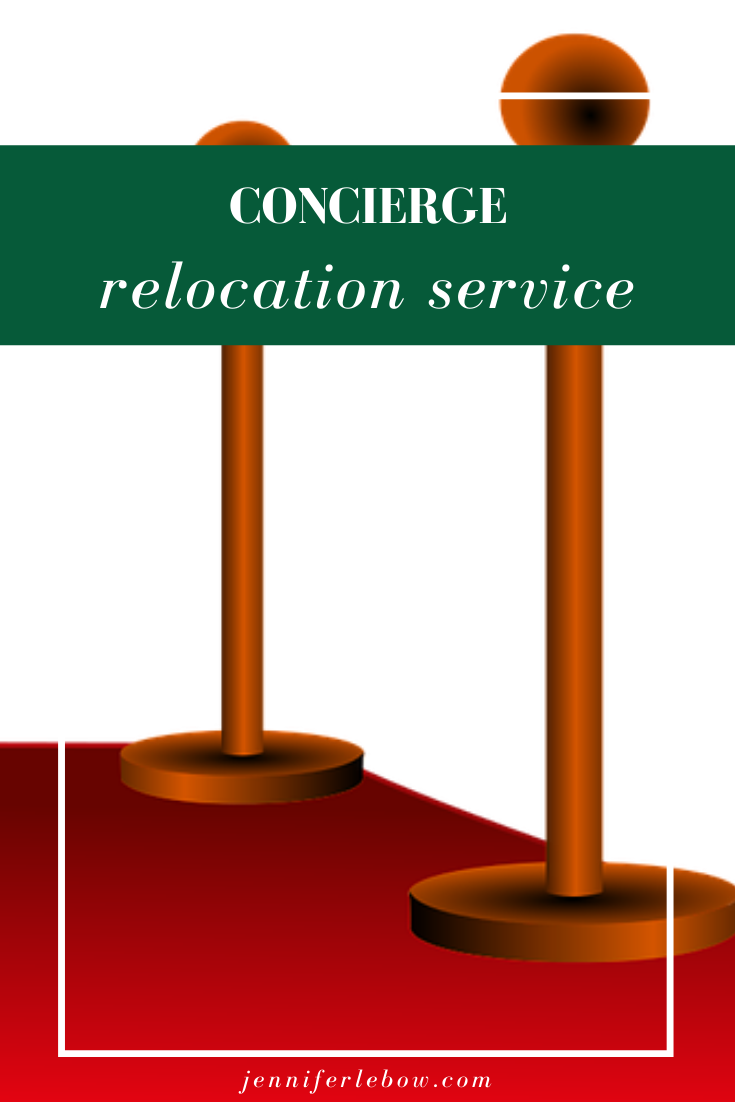
Working from home
The benefits of working from home are widely recognized: time saved by avoiding the commute, the ability to tend to household tasks (like laundry, being home for the cable guy, taking the dog out), a relaxation in attire expectations, and the list goes on. Just about anyone who has transitioned to working from home can point to some advantages. But what about the people who had not been working at an employer’s site, but were suddenly able to work from home, due to COVID?
People who can’t work in a traditional office
Those needing accommodations
Consider how many people who had not been able to work a typical eight-hour day at an on-site workplace. Many differently-abled people report that employers assume they will be too difficult to accommodate in their office spaces, so they have trouble landing jobs. Now, though, (whether they could or could not have been accommodated at the employer’s site) they have a much higher likelihood of winning positions. As long as they can do the work from home, their handicaps are no longer relevant. COVID has normalized the work-from-home model.
Those with sensitivities
Similarly, people with severe allergies or sensitivities to odors who could not work in traditional environments can join the work-from-home workforce. Same with agoraphobics and germaphobes. While remote work has always been possible for these groups, prior to COVID, it wasn’t very popular. As a result of the pandemic, employers have embraced this model. Fortunately, for those who cannot easily work in an employer’s office, many more home-based positions are now approved. As a result, income opportunities have increased.
Those with challenging schedules or locations
Who else has benefited? How about those who live in rural areas with limited industry? Historically, that geographical reality had a tremendous negative affect on employment. The same can be said for people without access to transportation. Another obstacle has been the inability to commit to a regular or specific schedule. If someone has odd hours, but can work “here and there” and complete what needs to be done, remote work is perfect. There are jobs, like nursing, that often have a changing schedule, from days to nights. Someone who, for example, shares child care responsibilities with a nurse, could greatly benefit from a work-from-home situation, as long as the hours were flexible.
Silver lining of COVID
Without a doubt, other groups, beyond the ones mentioned above, have been previously at a major disadvantage as far as finding work-from home jobs. While there have always been people who have worked part-time from home, remote work was mostly not considered an option for full-time work. With the work-from-home trend here to stay, many more people have the opportunity to earn a living. Whether part-time or full-time, differently-abled, located in an “employer desert”, lacking transportation or regular hours, there are more jobs available. Employers, too, have seen some positive results. For example, they can now spend less on office space/equipment, parking or transportation costs, even coffee and snacks. So while COVID has certainly been nothing to celebrate, there have been some unexpected benefits.





 What home buyers wanted during COVID
What home buyers wanted during COVID

